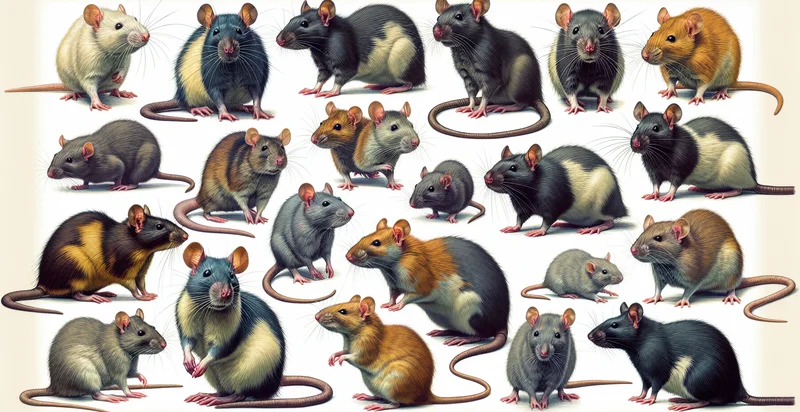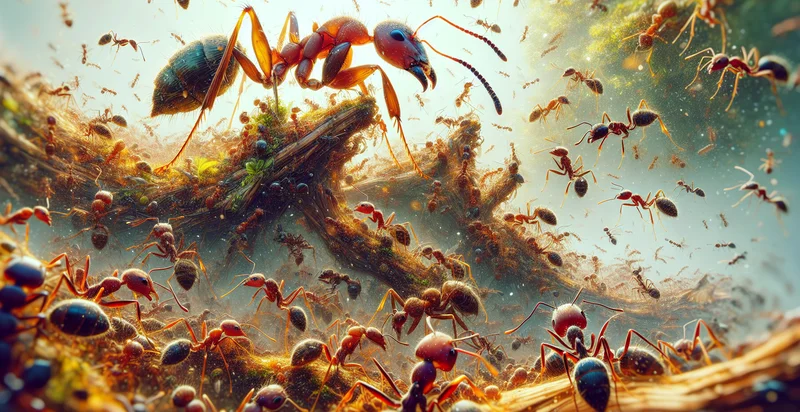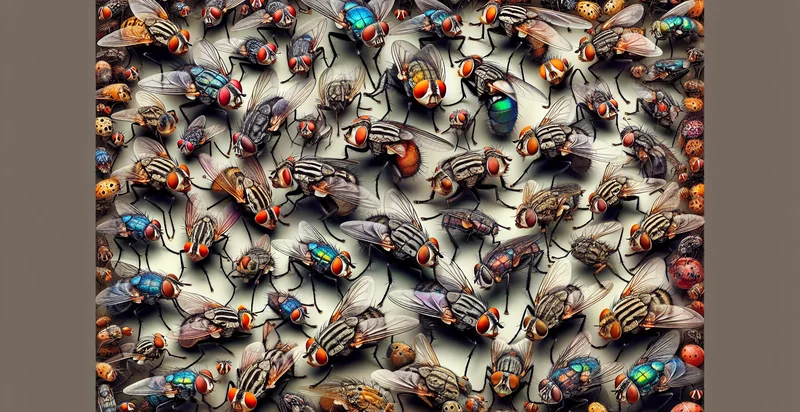Identify rat species
using AI
Below is a free classifier to identify rat species. Just upload your image, and our AI will predict which rat species it is - in just seconds.

Contact us for API access
Or, use Nyckel to build highly-accurate custom classifiers in just minutes. No PhD required.
Get started
import nyckel
credentials = nyckel.Credentials("YOUR_CLIENT_ID", "YOUR_CLIENT_SECRET")
nyckel.invoke("rat-species-identifier", "your_image_url", credentials)
fetch('https://www.nyckel.com/v1/functions/rat-species-identifier/invoke', {
method: 'POST',
headers: {
'Authorization': 'Bearer ' + 'YOUR_BEARER_TOKEN',
'Content-Type': 'application/json',
},
body: JSON.stringify(
{"data": "your_image_url"}
)
})
.then(response => response.json())
.then(data => console.log(data));
curl -X POST \
-H "Content-Type: application/json" \
-H "Authorization: Bearer YOUR_BEARER_TOKEN" \
-d '{"data": "your_image_url"}' \
https://www.nyckel.com/v1/functions/rat-species-identifier/invoke
How this classifier works
To start, upload your image. Our AI tool will then predict which rat species it is.
This pretrained image model uses a Nyckel-created dataset and has 24 labels, including Norway Rat and Black Rat.
We'll also show a confidence score (the higher the number, the more confident the AI model is around which rat species it is).
Whether you're just curious or building rat species detection into your application, we hope our classifier proves helpful.
Related Classifiers
Need to identify rat species at scale?
Get API or Zapier access to this classifier for free. It's perfect for:
- Pest Control Management: Pest control companies can use the 'rat species' identifier to help them accurately identify the species of rat they are dealing with. This information aids in determining the most effective removal methods, preventing future infestations, and tailoring pest management plans for clients more efficiently.
- Municipal Health Departments: By using the 'rat species' identifier, health departments in municipalities with rat populations can effectively monitor and track different rat species in their area, helping them to better inform and protect the public health.
- Academic Research: Universities, zoos, and other research institutions can leverage this multilabel image classification function to identify species in captured images accurately. This tool facilitates data collection and analysis in studies concerning rat behavior, habitat, developing conservation strategies, and modeling populations.
- Animal Documentary Film-making: Film-makers creating animal documentaries can use this function to correctly identify the type of rat being filmed. This ensures accurate and factual content is supplied to viewers.
- Biodiversity Surveying: Environmental agencies or nature surveyors can use the 'rat species' identifier to catalogue and monitor rat species diversity and population trends with more confidence in species identification.
- Wildlife Rescue and Rehabilitation: Animal rescue centers often care for many different species, including rats. Identifying the correct species quickly can streamline care processes and ensure the appropriate treatment and nutrition is provided.
- Product Manufacturing: Companies producing pest control products can use the 'rat species' identifier to test if their product works effectively on different rat species. This leads to better performance of their products and increased customer satisfaction.


